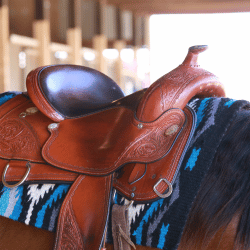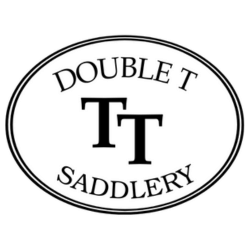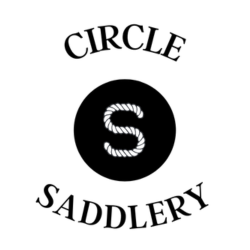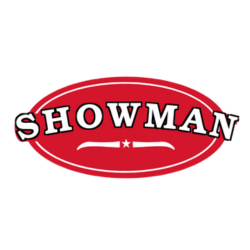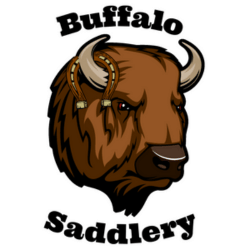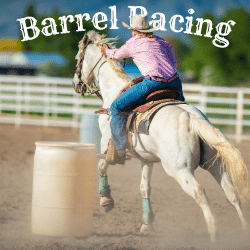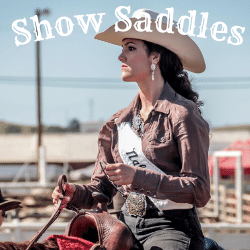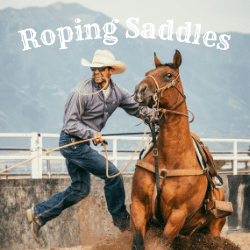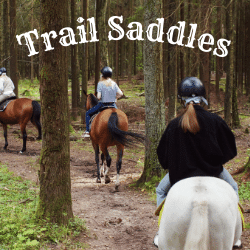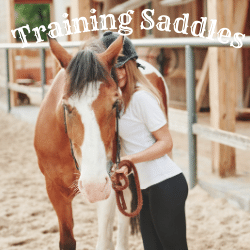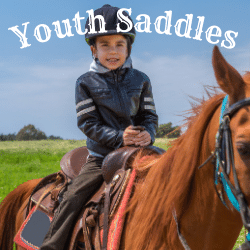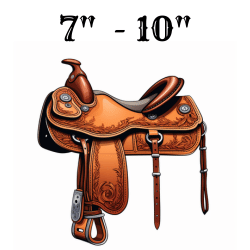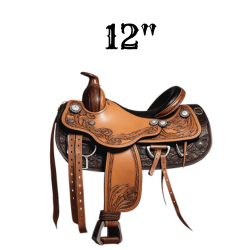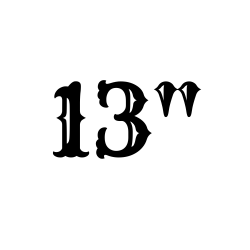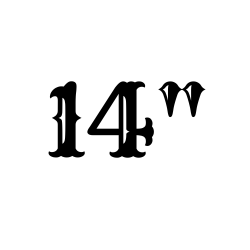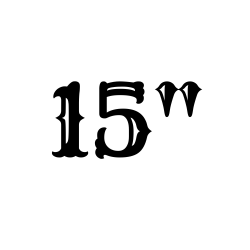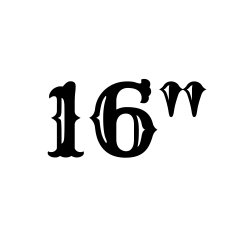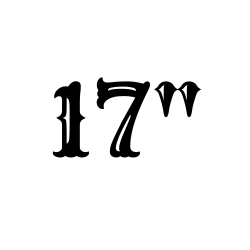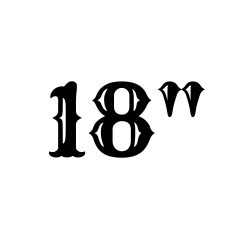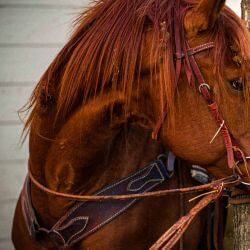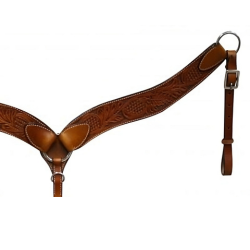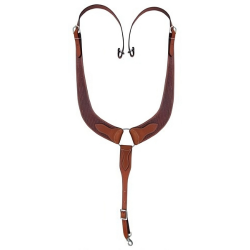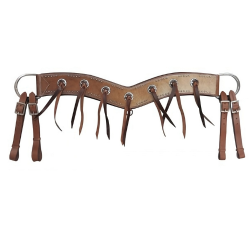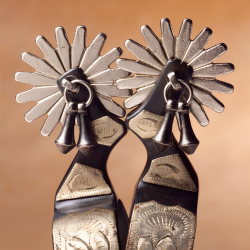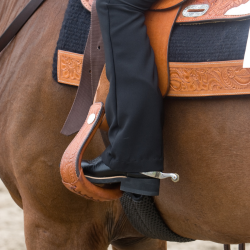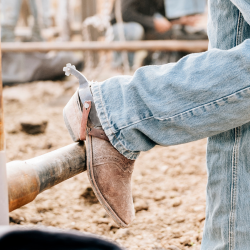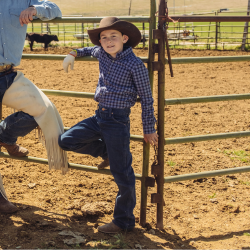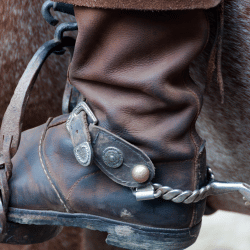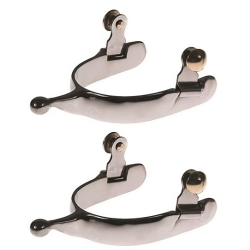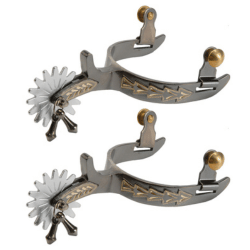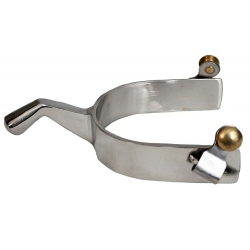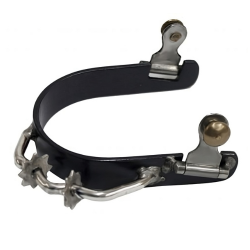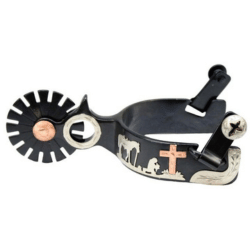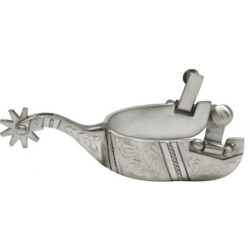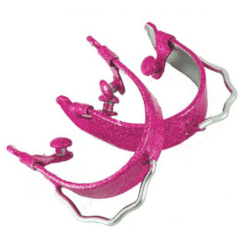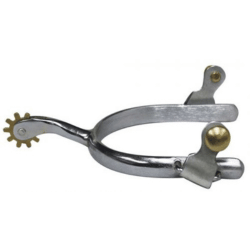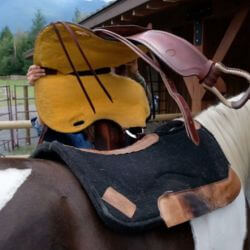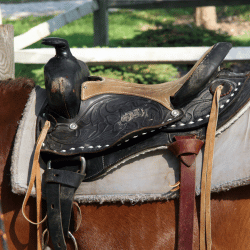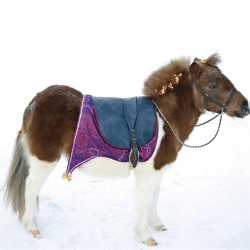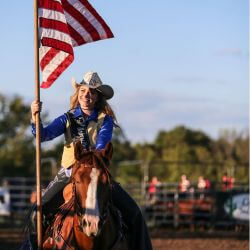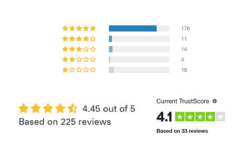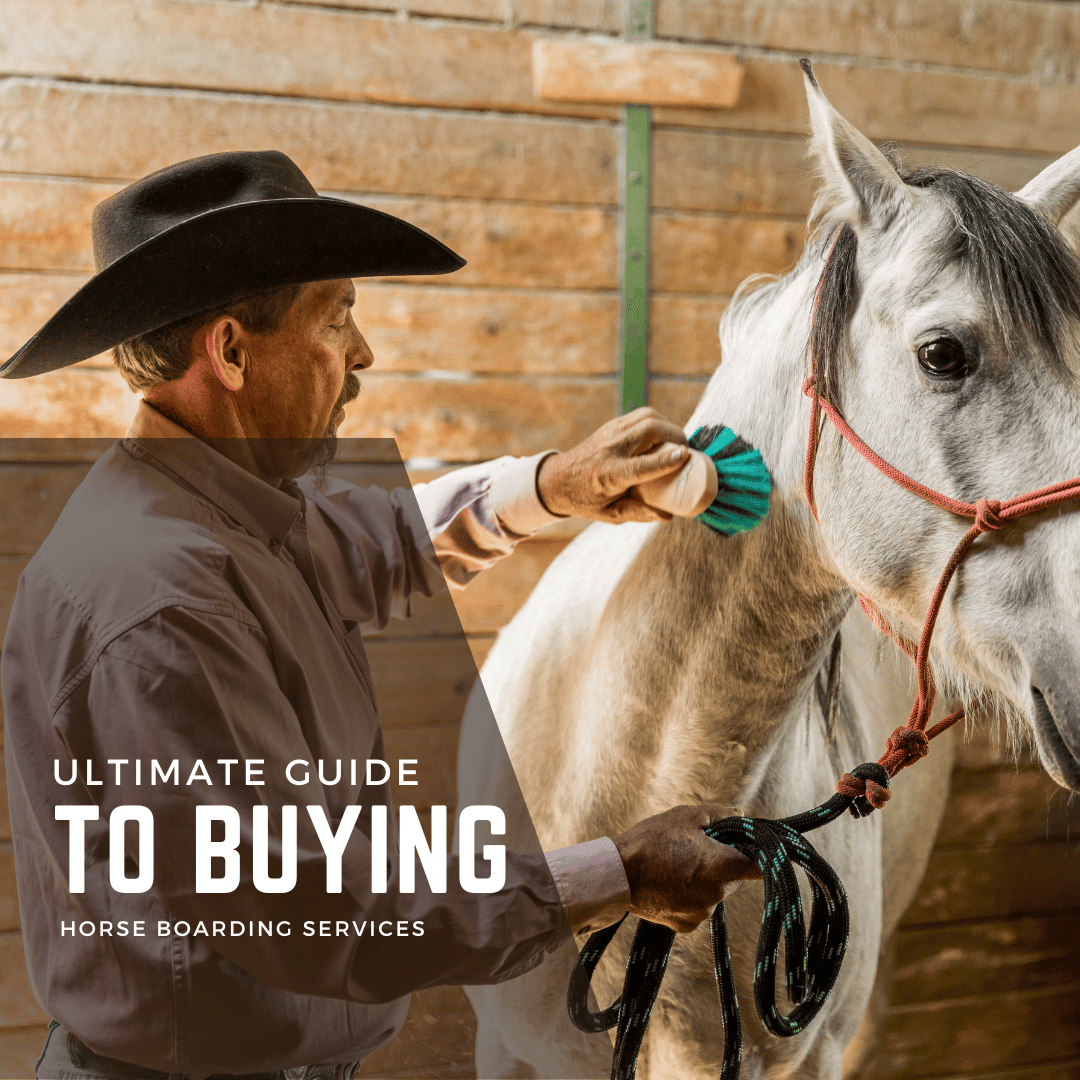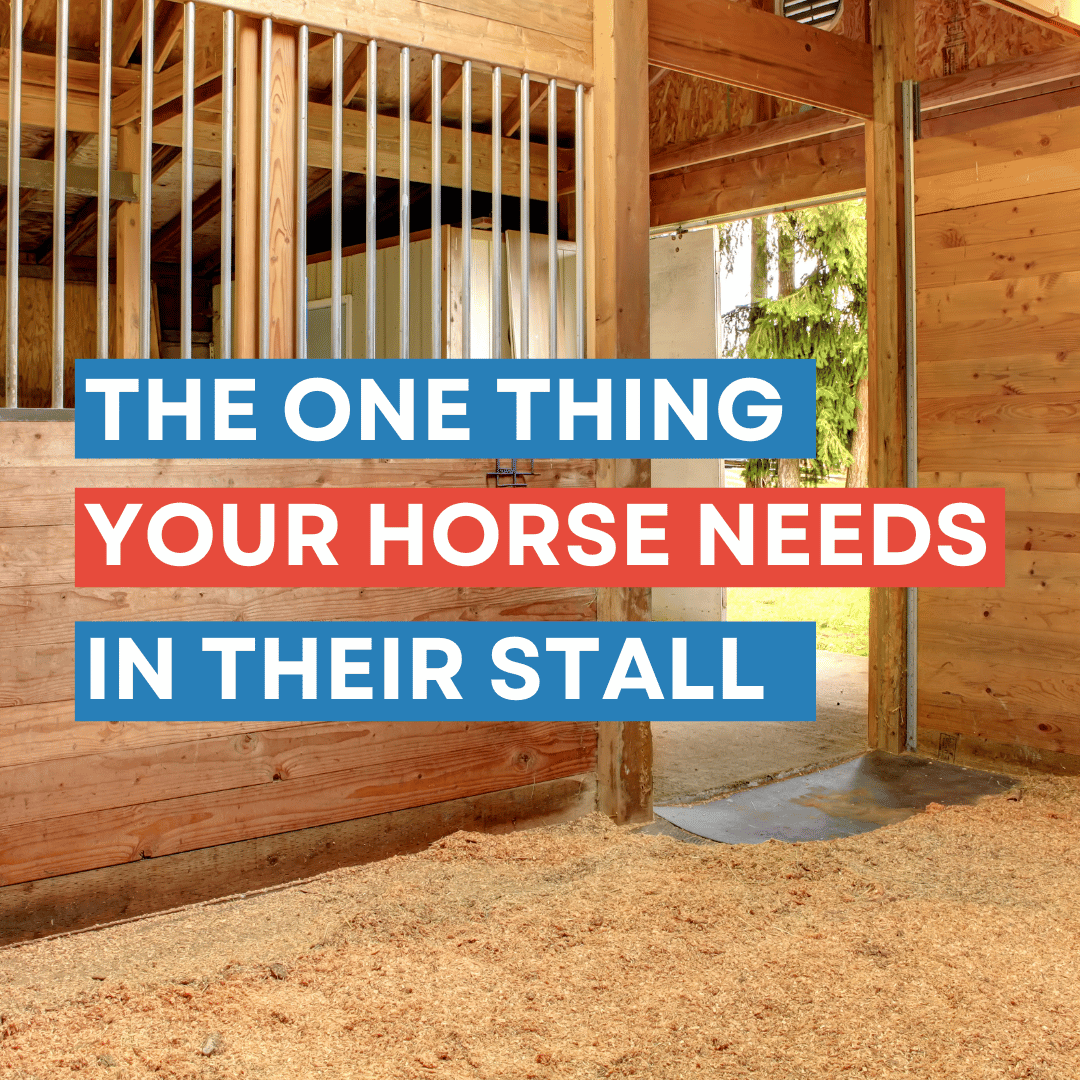Determine your budget:

What is the difference between full board or partial board?
The price difference between full board and partial board horse boarding can vary depending on the location and specific services offered by the facility. In general, full board tends to be more expensive than partial board.
On average, full board can cost anywhere from $500 to $1,500 or more per month, while partial board can cost from $300 to $800 or more per month. However, these are just rough estimates and prices can vary significantly.
It's important to keep in mind that full board includes all feed and care for your horse, while partial board typically includes basic feed and care, and the owner is responsible for additional feed and care. Full board may be a good option for those who don't have the time or resources to take care of their horse's needs on their own, while partial board may be a good option for those who are able to take on some of the responsibilities themselves.
Research different facilities:
There are many different types of horse boarding facilities, ranging from small farms to large equestrian centers. Look for a facility that meets your specific needs, such as a location close to your home, a certain type of boarding arrangement (e.g. full board, partial board), or specific amenities (e.g. indoor arena, outdoor trails). Consider visiting several facilities in person to get a feel for the place and meet the staff.

Compare costs and services:
Once you have a list of potential facilities, compare the costs and services offered by each. Some facilities may offer discounts for long-term boarding or for multiple horses. Make sure to read the contract carefully and ask any questions you may have before signing.

Make a payment plan:
Many horse boarding facilities require a deposit or advance payment. Make sure you understand the payment schedule and any fees that may be charged. Some facilities may offer a monthly payment plan, while others may require payment in full upfront.

Consider insurance:
It's a good idea to consider insurance for your horse, in case of unexpected injuries or illnesses. Some horse boarding facilities may require you to have insurance, so be sure to check with the facility about their requirements.

On average, insurance can range from a few hundred dollars to several thousand dollars per year, or around $25 to $200 or more per month. However, these are just rough estimates and the actual cost will depend on the specific circumstances of your horse and the coverage you choose.
Factors that can affect the cost of horse mortality insurance include:
-
Age of the horse: Older horses generally have a higher risk of death, so their mortality insurance may be more expensive.
-
Breed of the horse: Some breeds of horses may be considered more high risk and therefore may have higher mortality insurance premiums.
-
Coverage level: Higher levels of coverage will generally have higher premiums.
Keep your horse's needs in mind:
While cost is an important factor to consider when choosing a horse boarding facility, it's also important to think about your horse's specific needs. Make sure the facility has appropriate facilities and staff to meet your horse's needs, such as adequate turnout and a safe, clean environment.

Communicate with the facility:
Keep in regular contact with the facility and make sure to address any concerns or issues that may arise. It's important to have a good relationship with the staff and to make sure your horse is well cared for while they are boarding.

Conclusion
Choosing a horse boarding facility is a important decision that requires careful consideration of your budget, the needs of your horse, and the services and amenities offered by different facilities. By following the steps outlined in this guide, you can find a horse boarding facility that meets your needs and budget while providing your horse with the care and attention they deserve. It's important to research different facilities, compare costs and services, make a payment plan, consider insurance, and keep your horse's needs in mind when making your decision. Additionally, it's essential to maintain good communication with the facility and address any concerns or issues that may arise. With careful planning and consideration, you can find the right horse boarding facility for you and your horse.

